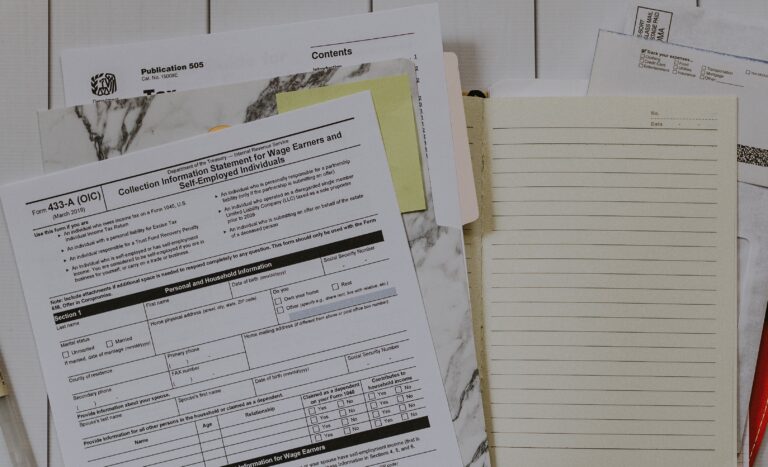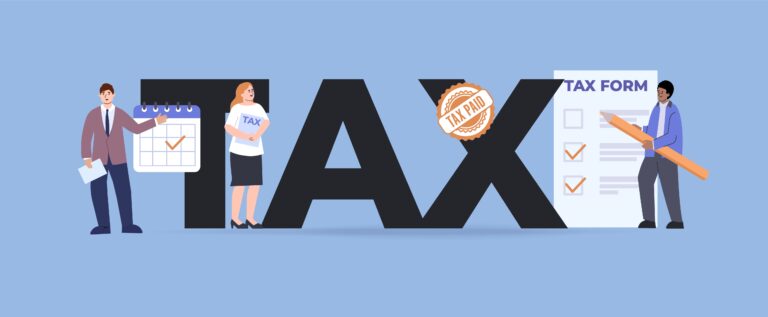The IRS is here to help military members and veterans with their unique tax needs
Benefits for military members
Some of the tax benefits for service members include:
- Combat pay: This pay is partially or fully tax-free. Service members serving in support of a combat zone or in a qualified hazardous duty area may also qualify for this exclusion.
- Combat zone tax deadline extensions: Qualifying members of the military, such as those who serve in a combat zone or in contingency operations outside the U.S., can get additional time to file and pay their taxes.
- Armed Forces dependency allotments: Assistance programs for dependent care allotments contributed by the government are excludable benefits and not included in the military member’s income.
- Earned Income Tax Credit: The EITC is worth up to $7,830 for tax year 2024. Low and moderate income service members who receive nontaxable combat pay can use specific qualifications that may increase the amount of the EITC for which they qualify, meaning they may owe less tax or get a larger refund.
- Moving expenses: Members of the U.S. Armed Forces on active duty may be eligible to deduct unreimbursed relocation expenses if their move was due to a military order and permanent change of station. Also, allowances paid to move members of the U.S. Armed Forces for a permanent change of station aren’t taxable.
For more details on benefits for military members, taxpayers can refer to the Military Family Tax Benefits page on IRS.gov.
What to do when it’s time to file
The Department of Defense provides MilTax, a suite of tax services free for members of the military, qualifying veterans and family members.
Many military installations offer free income tax assistance in person through the military Volunteer Income Tax Assistance program. Military service members can contact their installation’s legal office for details.
_________________________________________
Source: IRS Tax Tips
Image: Rosemary Ketchum via pixels







